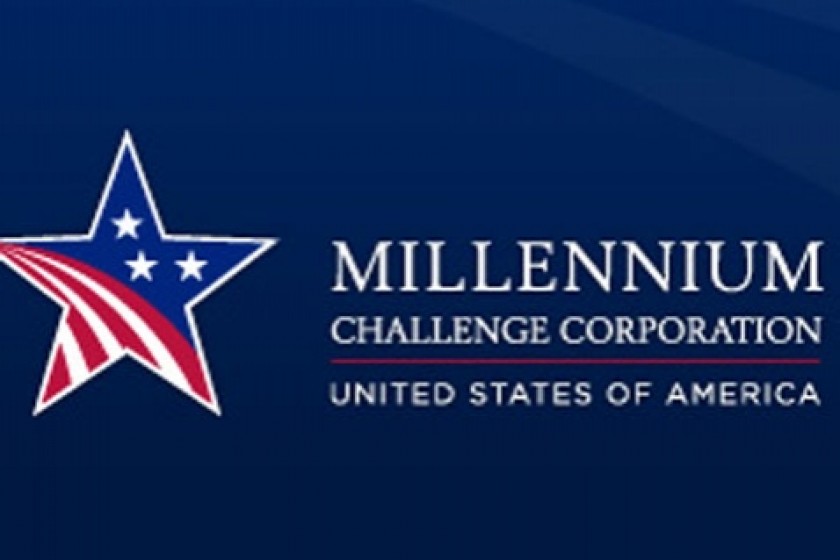
U.S. Policy Organization Calls $16.6 Million Farmer Training Program in Armenia a “Bust”; Ministry Disagrees
According to a report published last August by a major U.S. social policy research organization, the 16.6 million USD allocated by the Millennium Challenge Corporation to fund agricultural training in Armenia from 2007 to 2011 was a total failure.
Mathematica Policy Research, in its 45-page working paper “Should Foreign Aid Fund Agricultural Training? Evidence from Armenia”, concludes that it found few differences between farmers in communities were training was offered and farmers in control communities.
The research organization studied the Water-to-Market (WtM) training program, tasked with instructing more that 50,000 individuals in rural Armenia on the efficient use of irrigation water and on making the transition toward the cultivation of high-value crops.
In its introduction, Mathematica Policy Research pulls no punches when it writes:
“We find no evidence that, years after it began, the training program had impacts on household income or consumption the study period, nor do we find evidence that households adopted new farming practices or cultivated new crops that would potentially lead to longer-term impacts on income and consumption.”
The RA Ministry of Finance however, doesn't believe that the 16.6 million USD was spent in vain. Nevertheless, in response to a question by Hetq, a ministry representative said that the program trainers were experts with many years of experience in the sector: "Most of them represented various regions of Armenia, transferring knowledge that took into consideration unique regional characteristics."
The training was implemented by Vistaa Plus LLC, registered in Armenia, the founder of which is Vistaa Expert Center consulting company. It is highly likely that the $16.6 million USD spent on the training program was profit this company earned. The president of Vistaa Expert Center is American Paul Sommers, who has experience in farmer training programs in other countries.
Financial limitations and institutional factors were cited as reasons why key agricultural practices were not adopted: "Many farmers lacked the financial means to invest in the types of practices that were the focus of the curricula, and farmers were also often unwilling to try new crops that have higher up-front costs even if they are much more profitable in the long run."
The researchers conclude that they found "few significant differences between farmers in communities where training was offered and farmers in control communities" and they "also did not find evidence that training substantially improved long-term measures of farmers’ well-being, such as crop cultivation, amount or value of production, revenue, total income, poverty, or consumption. "
The researchers identified two fundamental considerations for future programs: First, more modest training targets and better selection of training beneficiaries might help spur more farmers to adopt practices […] Second, training farmers on fewer practices tailored to their circumstances could be more efficient."
It's important to note that survey staff worked with village mayors to identify farmers who were most likely to benefit from the program. The farmers who underwent training were members of water user associations (WUA), " the regional organizations that manage the distribution of and payment for irrigation water in Armenia, but individuals were not required to be WUA members to receive training." Also, village mayors assisted coordinators by encouraging participation and identifying WUA members most likely to participate.
 Videos
Videos Photos
Photos
Write a comment